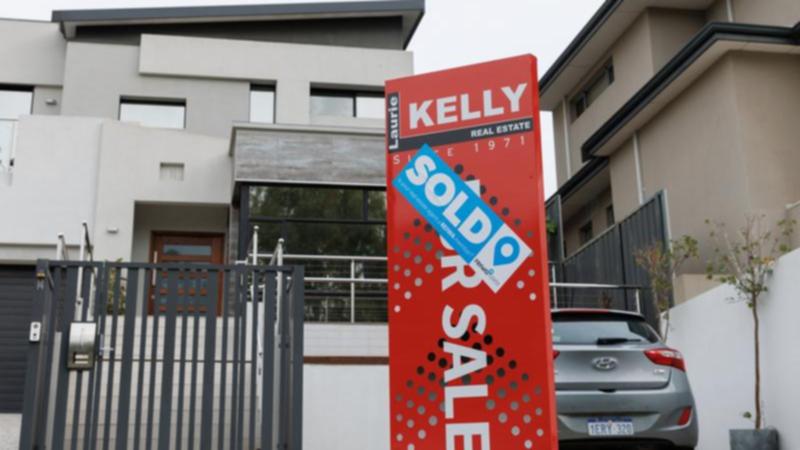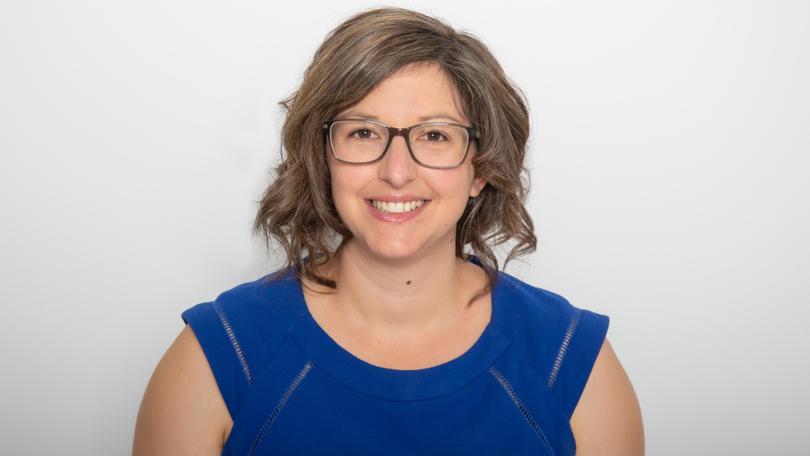Home buyers urged to apply for Australian Home Guarantee Scheme that could save them thousands

Home buyers are being urged to apply for an Australian government scheme that allows them to purchase a property without needing a guarantor, saving them about $25,000 on bank fees.
This financial year, 50,000 people can apply for three programs under the Australian Home Guarantee Scheme, designed to make the process of purchasing easier for first home buyers, single parents and people in regional areas.
The First Home Guarantee will take 35,000 applicants in 2024-25, the Regional First Home Buyer Guarantee will take 10,000 people and the Family Home Guarantee has 5000 dedicated spots.
Sign up to The Nightly's newsletters.
Get the first look at the digital newspaper, curated daily stories and breaking headlines delivered to your inbox.
By continuing you agree to our Terms and Privacy Policy.Established homes and apartments can be purchased under the scheme, but there are price caps and income thresholds for eligibility.
Mortgage Choice Blackwood broker Sam Neville said the scheme was “great” for people who only had up to a 5 per cent deposit and no family property to act as a guarantee.
“If you didn’t have the guarantor, you would either pay (about) $25,000 in lenders’ mortgage insurance, or you’d have to wait until you’d saved 20 per cent (deposit) plus (pay) fees to be able to avoid lenders’ mortgage insurance and access the cheaper rates,” Neville said.
Lenders’ mortgage insurance is a fee passed onto bank customers considered high risk because their deposit and equity is less than 20 per cent of their property’s value.

If the customer were to default on the loan, the insurance would cover the costs of the lender.
But under the Australian Home Guarantee Scheme, the government would cover the cost of home-buyer defaults.
Several major banks including, Commbank, NAB and Westpac accept applicants of the scheme.
Disadvantages of the scheme
The Australian Home Guarantee Scheme has a list of eligibility requirements, including an income cap of $125,000 for individuals or $200,000 for joint applicants.
Neville said one of the issues with the scheme was that its property price caps were not keeping up with the housing market.
That’s likely why the scheme did not have a waitlist for applicants last year compared to years before that, Neville said.
“(The cap is) just woefully too low, you’re looking at smaller and smaller properties or being pushed out further and further out to be able to access the scheme,” she said.

“At the moment you can’t buy anything over $600,000 (in metropolitan South Australia) whereas the median house price in Adelaide is $785,000.
“It’s also making the competition in that price range really, really tough,” Neville said.
Federal Minister for Housing Julie Collins said the eligibility requirements of the scheme were regularly reviewed when contacted for comment.
Neville was also critical of the Family Home Guarantee, which requires single parents to have only a 2 per cent deposit.
“For a single person who might need a three-bedroom home because you’ve got three kids, you can’t use the scheme because your borrowing power (after expenses) doesn’t support the loan and there’s no properties to buy under $600,000,” Neville said.
Things to consider
Successful applicants of the Home Guarantee Scheme will need to live in their purchased property while the government’s guarantee remains on the home.
“As your property goes up in value and you’re paying it off over time, eventually you’ll get to a point where the lend against your property is back at 80 per cent purely against the value of your own property.
“Once that happens, if you’ve gotten your loan through a broker, we’ll be in touch to say, ‘do you want to refinance (or) do you want to remove the guarantee’,” Neville said.
For people interested in applying for the scheme, Neville recommended doing your tax return as soon as possible because it is a requirement of the application.
She also suggested visiting a broker to increase the chances of success.
“We can do an assessment without needing to go to a bank. We can identify any issues that need to be resolved before you submit,” Neville said.
“(And) we can give you that choice of multiple banks so you don’t have to go to one, get an answer (then) go to another.”
Originally published on 7NEWS
